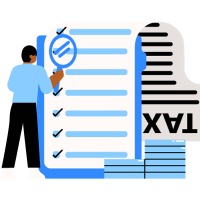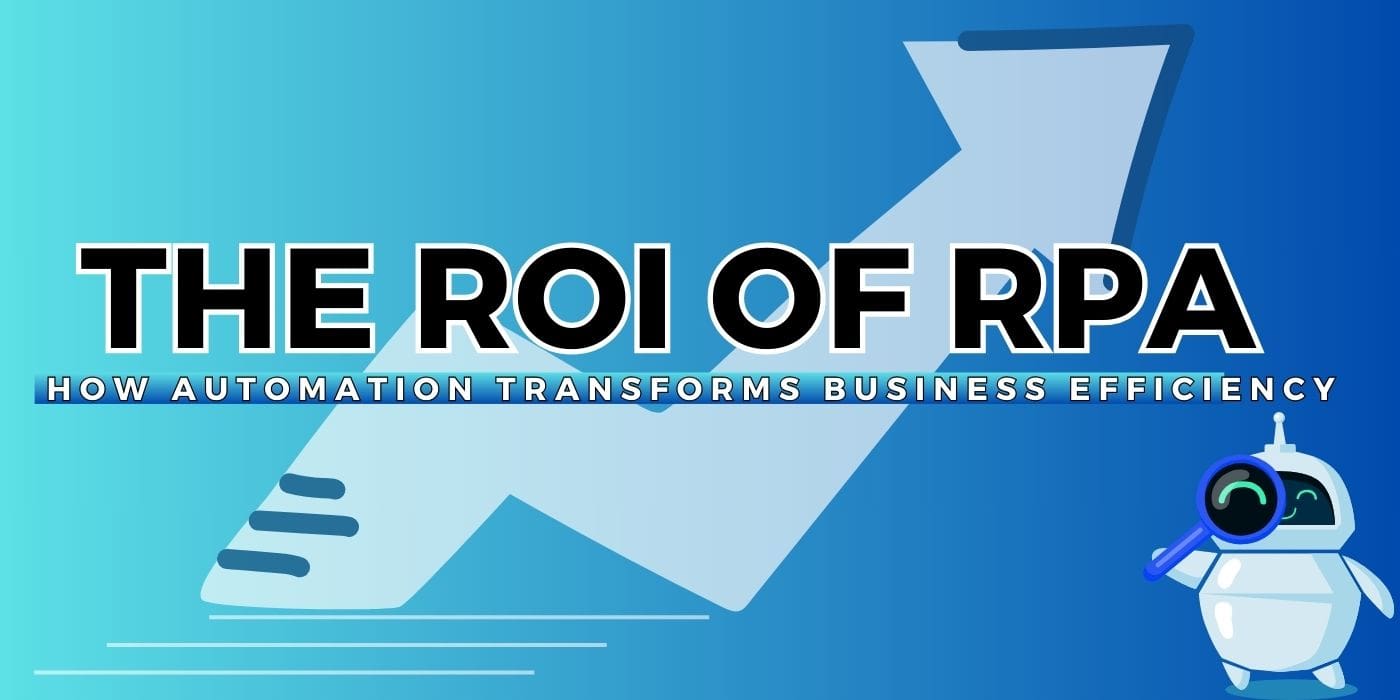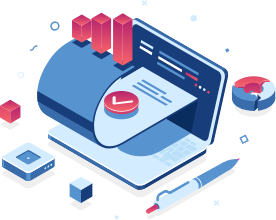Welcome to out analytical investigation into the top 10 use cases of robotic process automation (RPA) in 2023 and the most advanced field of this technology. Rapidly becoming an integral component in the corporate world, robotic process automation (RPA) is changing how companies optimize and streamline their processes.
In this blog, we'll explore the various use cases of RPA, highlighting how this technology is changing company operations, increasing productivity, and launching companies into previously unheard-of levels of success this year. This thorough book will provide insight into the most significant use cases that will shape the automation environment in 2023, regardless of your level of experience with RPA.
USE CASES OF RPA IN 2023

Pay roll automation
Payroll automation will be one of the most notable applications of RPA in 2023. Payroll automation, which majorly involves data collection and processing is highly susceptible to RPA automation. Which can save up to 64-69% of time for HR department. Organizations may more effectively manage complicated payroll duties, such as figuring out employee wages, tax deductions, and benefits, by automating payroll procedures with RPA. Businesses may guarantee correct and timely payroll processing by using RPA bots to go through many payroll systems and combine data from multiple sources.

Invoice processing
2023 will see automation of invoice processing emerge as a notable RPA use case. Businesses may automate the tedious process of managing invoices, from receipt to approval and payment, with the help of RPA technology. Businesses can save a lot of time and effort by using software robots to extract data from invoices, cross-check it with purchase orders, and enter it into financial systems. Invoice processing involves multiple rule-based procedures to be followed by RPA bots, more on this at ‘invoice processing using RPA’ 2020 international journal of scientific research in computer science, engineering and information technology.

Data extraction
Businesses may quickly, accurately and automatically extract specified information from a variety of documents, emails, or databases saving up to 64-69% of time making this an highly susceptible process to be automated using RPA. RPA bots are able to carefully go through data, extract pertinent information, and arrange it for additional study or integration with other systems. Organizations may eliminate human error, save time and money, and speed up decision-making by automating this process and granting fast access to vital information. This use case of RPA demonstrates how the technology may improve operational efficiency and optimize data processing across several industries.

Customer service
It entails application of RPA bots to manage service requests, process orders, and respond to regular consumer queries. Businesses can deliver faster and more reliable customer service by automating these repetitive operations, freeing up human agents to concentrate on more intricate or customized encounters. Customer satisfaction and operational efficiency are increased as a result of this automation streamlining customer care procedures.

Inventory management
Businesses may streamline their inventory control procedures by using RPA bots to detect product movements, keep an eye on stock levels, and send out reorder notifications. This application of RPA helps in preventing overstocking or stock-outs and guaranteeing that the appropriate products are always in stock, this automation improves overall operational efficiency, while saving 40 person hours per week. Businesses may eventually increase their bottom line by implementing RPA into inventory management systems.

Supply Chain management
RPA’s application in supply chain activities like order processing, shipment tracking, and inventory management are monitored and streamlined using RPA bots. Through task automation, companies can improve the precision and efficiency of their supply chain, minimizing mistakes and delays and for other advantages of RPA in SCM. Teams are able to concentrate on strategic decision-making to further optimize the supply chain, as this automation greatly improves supply chain efficiency and guarantees on-time delivery and happy customers.

Insurance claim automation
One of the key use case of RPA in 2023 will be the automation of insurance claim processing. RPA technology automates data extraction, verification, and approval processes, allowing for the efficient handling and speedy processing of insurance claims. Insurance companies may significantly cut processing time and ensure speedier settlements for claimants by utilizing RPA bots to quickly assess claims and check policy information. In addition to improving customer satisfaction, this automation helps insurers to better deploy their human resources toward providing a more individualized customer experience and efficiently manage the amount of claims.
It is possible to incorporate robotic process automation (RPA) into current business processes without disrupting them. Begin by thoroughly assessing the procedures that are in place now, and select non-core or supportive areas for early implementation. Pilot programs offer insightful information and enable a methodical, incremental approach to deployment.
Key elements to guarantee a smooth transition include stakeholder collaboration, efficient change management, and ongoing performance monitoring. Additionally, adaptability and successful long-term integration are made possible by selecting an RPA platform that is adaptable and quickly connects with current systems.
Mindful Automations RPA solutions
Our Mindful Automations provides automation solutions by thoroughly analysing the requirements and workflows of our clients. We customize automation strategies to boost efficiency, streamline processes, and cut down on manual labour. The method entails doing in-depth investigation, spotting automation opportunities, and choosing appropriate RPA technologies. Throughout the process, the company works in sync with the customer to guarantee a smooth integration and the least amount of disturbance to regular business operations. Our specialty is using automation effectively, meeting specific business needs, and utilizing automation to produce real benefits.
Mindful Automations is a leading company known for its expertise in automation solutions because our products are equipped with standard tangible tools that leverage OCR (Optical Character Recognition) technology to digitize and extract text from various documents, images, or PDFs. This procedure improves accessibility and makes data management more effective. Furthermore, IDP (intelligent document processing) techniques are used by our Doc- intelligence program, which goes beyond OCR by comprehending the context and meaning of documents. Intelligent processing facilitates sophisticated automation, supporting operations such as anomaly detection, document classification, and content-based decision-making. All things considered, our Mindful Automations harnesses OCR, Ai and IDP technologies to propel automation and simplify data management for enterprises.







